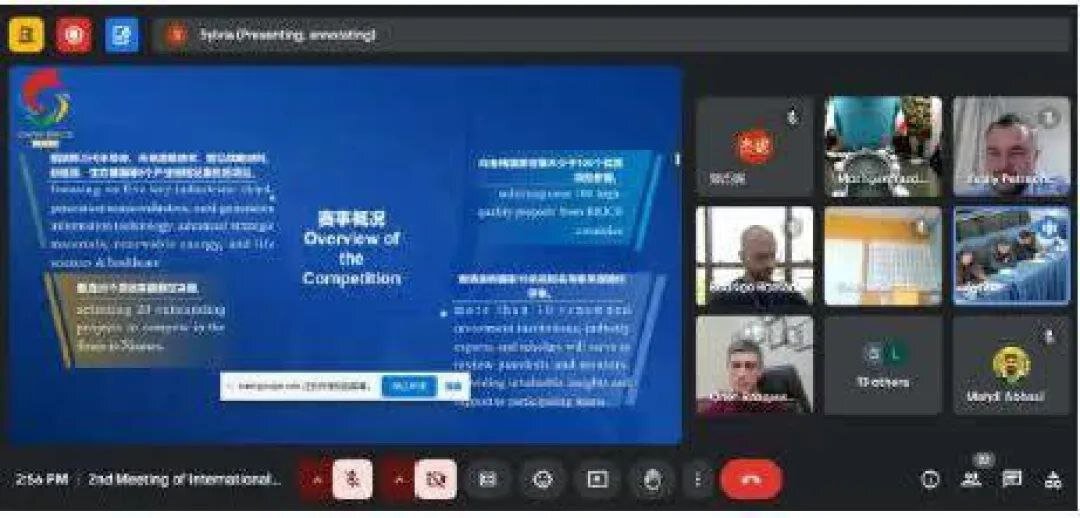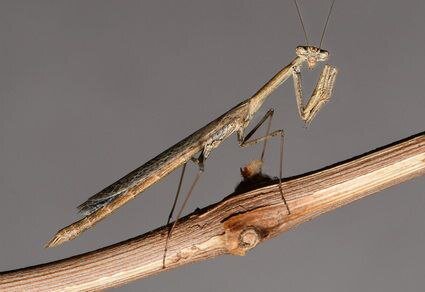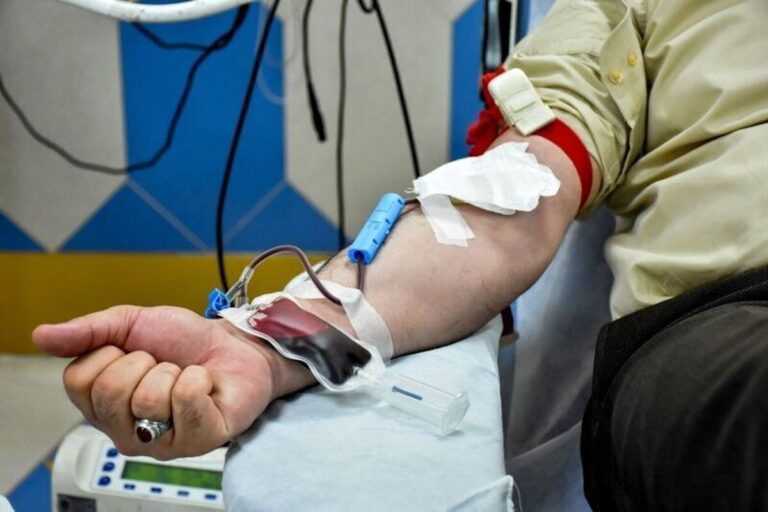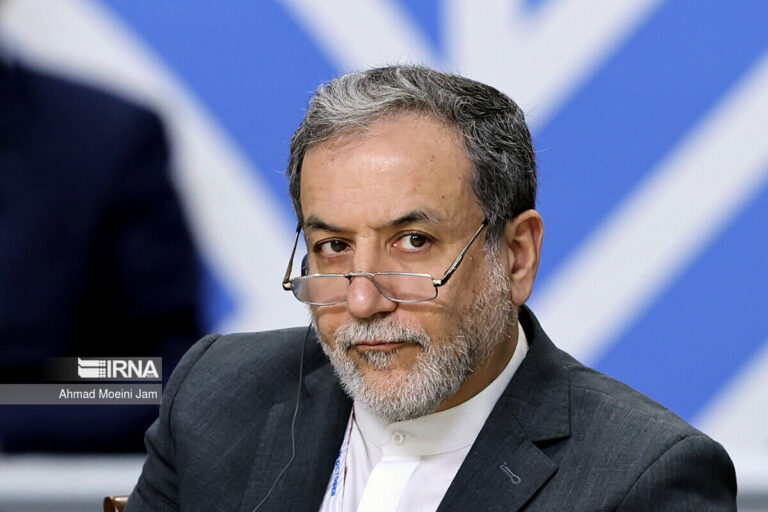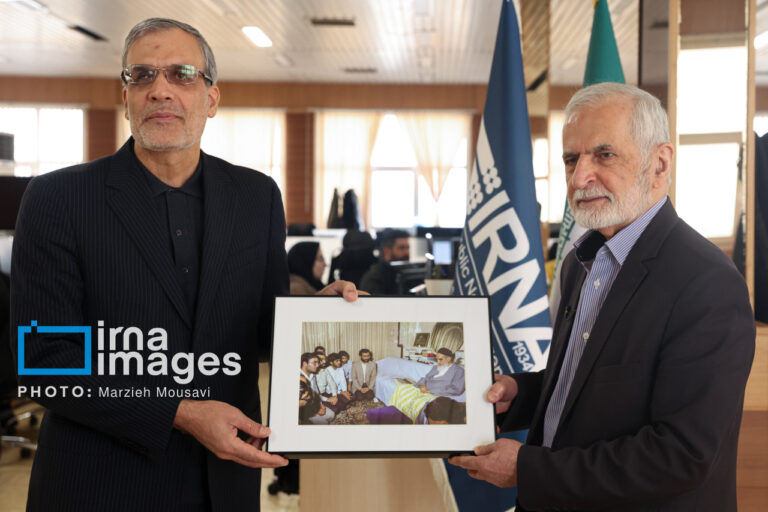University of Tehran Partners with Beijing International Exchange Association in Strategic MOU Signing
The recent partnership between the Caspian International Campus of the University of Tehran and the Beijing International Exchange Association (BIEA) marks a significant advancement in fostering scientific ties between Iran and China. This collaboration aims to enhance educational and research exchanges, particularly within the framework of the BRICS alliance.
On Saturday, an online meeting took place where both parties agreed on several key initiatives to strengthen their collaboration. The memorandum of understanding (MOU) signed between them emphasizes the following objectives:
- Joint Educational Strategies: Developing strategies that promote educational exchange and research collaboration.
- Communication Network: Establishing a robust communication network among experts from both institutions.
- Annual Competitions: Participating in organizing annual BRICS technology competitions to foster innovation and support knowledge-based start-ups.
- Broader Collaborations: The University of Tehran is encouraged to introduce other research institutions for potential partnerships with BIEA.
BIEA plays a crucial role in promoting international cooperation. The organization maintains strong ties with BRICS and various Chinese governmental institutions. Notably, BIEA functions as an advisory body to the United Nations, engaging with numerous centers across over 50 countries, particularly within the BRICS community.
In a related development, Iranian universities are actively seeking to enhance scientific collaborations with Chinese educational institutions, aligned with Iran’s strategic partnership with China. During a meeting on April 10 in China, Saeed Habiba, the deputy minister of science, research, and technology, met with Sheng Jianxue, the secretary-general of the China Scholarship Council. The discussions focused on:
- Joint Academic Programs: Implementing joint academic courses to promote learning and collaboration.
- Faculty and Student Exchanges: Facilitating the exchange of professors and students between Iranian and Chinese universities.
- Government Scholarships: Expanding scholarship programs to support international education.
- Technological Partnerships: Enhancing technological ties and scientific interactions.
- Expertise Sharing: Sharing expertise to foster mutual growth in scientific fields.
During the meeting, Habiba highlighted Iran’s rich academic and scientific capabilities, showcasing the potential for impactful collaborations. Following the discussions, he visited a Chinese technology park to gain insights into their advanced technological capacities and scientific accomplishments.
This initiative builds on the comprehensive cooperation agreement signed between Iran and China in March 2021, which outlines a 25-year strategic partnership aimed at enhancing various sectors, including education and technology.
Furthermore, in April 2024, representatives from Iranian universities and the BRICS Expert Council convened in Tehran to explore pathways for expanding scientific cooperation. This meeting marked a significant step in discussing scientific research and technological initiatives among BRICS member states.
Victoria Panova, head of the council and Vice-Rector of HSE University in Russia, along with Omid Rezaei-Far from Iran’s Ministry of Science, Research, and Technology, engaged in fruitful discussions to bolster scientific and technological ties between the two nations. Panova remarked, “Despite cruel sanctions, Iran has achieved many accomplishments in agriculture, biotechnology, technology, and engineering sciences.”
She further emphasized that the BRICS alliance transcends mere economic cooperation, showcasing the group’s substantial capabilities in science and technology. Panova reiterated Iran’s readiness to expand scientific collaborations with other BRICS member states, highlighting the potential benefits of such partnerships.
This ongoing collaboration between Iran and BRICS countries, especially through the University of Tehran and BIEA, is anticipated to foster significant advancements in scientific research, technology, and education. As these initiatives unfold, they pave the way for enhanced international cooperation and knowledge exchange, ultimately contributing to the global scientific community.
